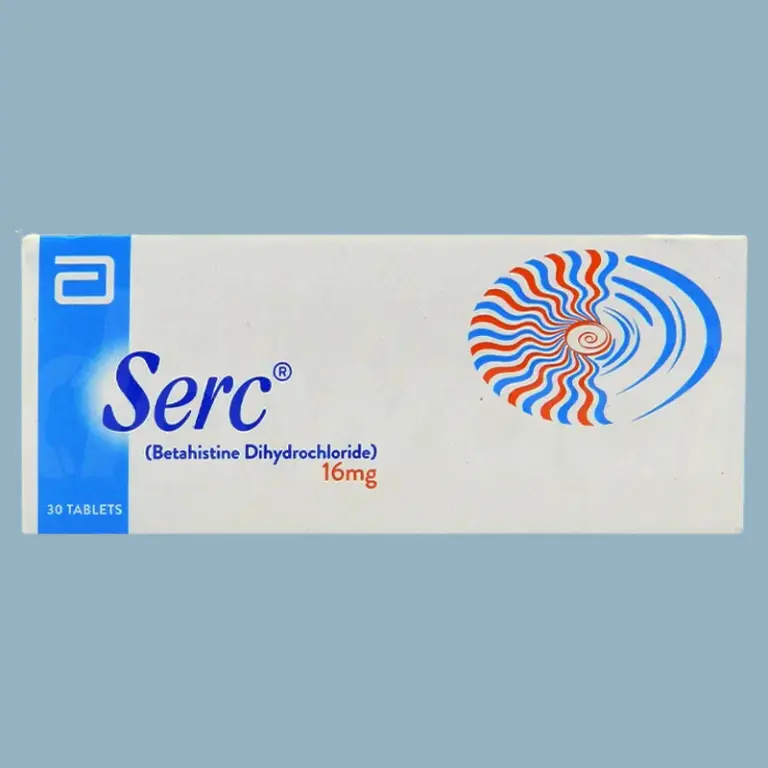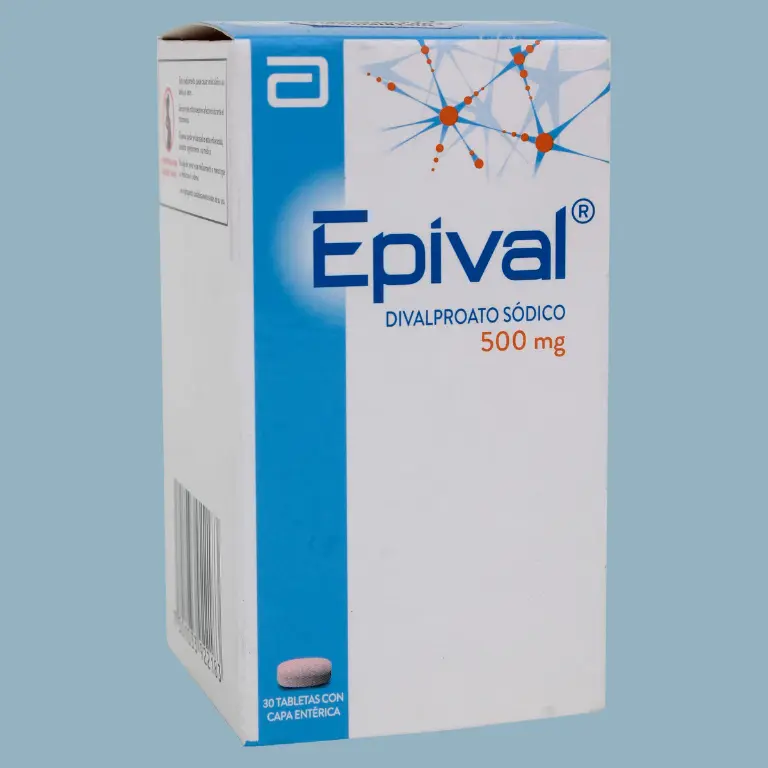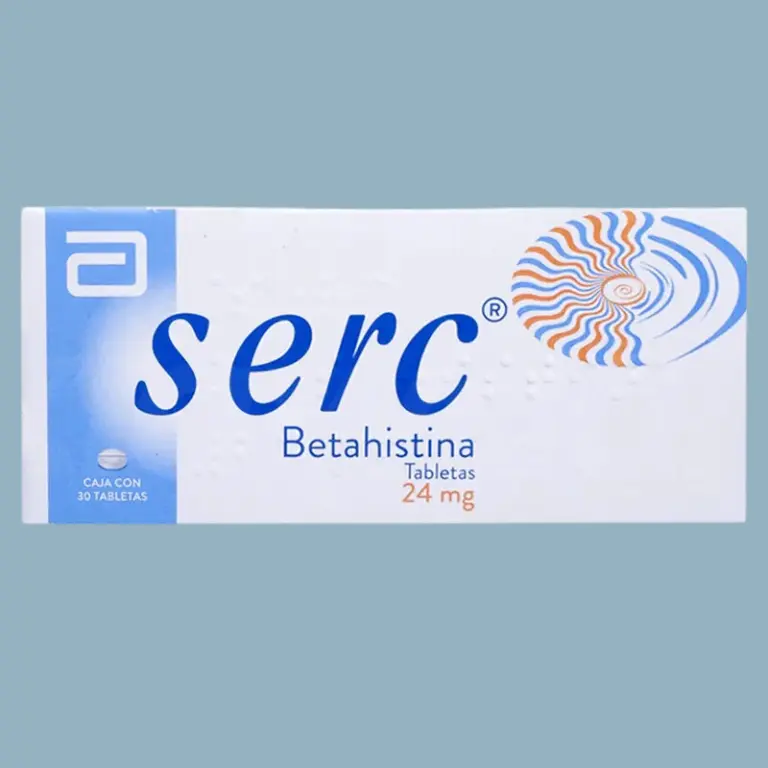Description
Serc 16mg Tablet (Betahistine): Managing Ménière’s Disease and Vertigo Symptoms
Serc 16mg Tablets contain Betahistine dihydrochloride, a medication specifically designed to address the symptoms of Ménière’s disease, an inner ear disorder. Betahistine is also used to treat vertigo (a spinning sensation) caused by other vestibular (inner ear) problems. It’s believed to work by improving blood flow in the inner ear and reducing the buildup of fluid, which helps to alleviate the debilitating symptoms associated with these conditions.
What are betahistine 16 mg tablets used for? Serc 16 mg used for:
Betahistine, the active ingredient in Serc 16mg, is primarily used for:
- Ménière’s Disease: This condition is characterized by episodes of vertigo (a spinning sensation), tinnitus (ringing in the ears), hearing loss that may fluctuate, and a feeling of fullness or pressure in the affected ear. Serc helps manage these symptoms, reducing their frequency and severity.
- Vestibular Vertigo: Vertigo that originates from problems in the inner ear’s balance system (the vestibular system). Serc can help relieve the dizziness and spinning sensation associated with these conditions.
How many Serc 16 can I take? Serc 16 mg how to take, Serc 16 mg dosage, Serc dosage for adults:
The dosage of Serc (Betahistine) is determined by your doctor based on your individual needs and response to treatment.
- Typical Dosage: The usual adult dosage of betahistine ranges from 8mg to 16mg three times daily. So, for Serc 16mg, the typical dose is one tablet three times a day.
- Maximum Dosage: The maximum recommended daily dose is generally 48mg (three 16mg tablets).
- Administration: Serc tablets are taken orally, usually with water.
- Timing: It’s often recommended to take Serc with or after meals to minimize potential stomach upset.
Never adjust your dosage without consulting your doctor. Always follow their instructions precisely.
Serc 16 mg how long to take:
The duration of treatment with Serc (Betahistine) varies depending on your specific condition and how you respond to the medication.
- Long-Term Management: Ménière’s disease is often a chronic condition, and some individuals may need to take Serc for an extended period, even for years, to manage their symptoms.
- Doctor’s Guidance: Your doctor will determine the appropriate length of treatment for you. It’s important to have regular follow-up appointments to monitor your progress and adjust the treatment plan if needed.
- Improvement Time: It may take several weeks or even a few months of consistent use to experience the full benefits of Serc.
Important Considerations:
- Prescription Medication: Serc (Betahistine) is a prescription medication and should only be taken under the guidance of a healthcare professional.
- Diagnosis: A doctor needs to diagnose the cause of your vertigo or other symptoms before prescribing Serc.
- Individualized Treatment: The dosage and duration of treatment are tailored to each individual’s needs.
- Regular Follow-up: It’s important to have regular follow-up appointments with your doctor to monitor your progress and adjust treatment if necessary.
Serc 16 mg side effects:
Common side effects of Serc (Betahistine) are usually mild and may include:
- Gastrointestinal: Nausea, indigestion, stomach upset.
- Headache
Serious side effects are rare but can occur:
- Allergic Reactions: Skin rash, itching, swelling, difficulty breathing.
Report any unusual or severe side effects to your doctor immediately.
Serc 16 mg tablet uses in Urdu:
- Serc 16mg (سرک) استعمال:
- مینیئر کی بیماری کی وجہ سے چکر آنا، کان بجنا، اور سننے میں کمی کی علامات کو کم کرنے کے لیے
Tab Serc 16 mg price in Pakistan:
- Tab Serc 16 mg price in Pakistan: Rs. 805.00
Consult with your doctor for proper diagnosis and treatment before using Serc 16mg Tablets.






Reviews
There are no reviews yet.